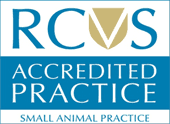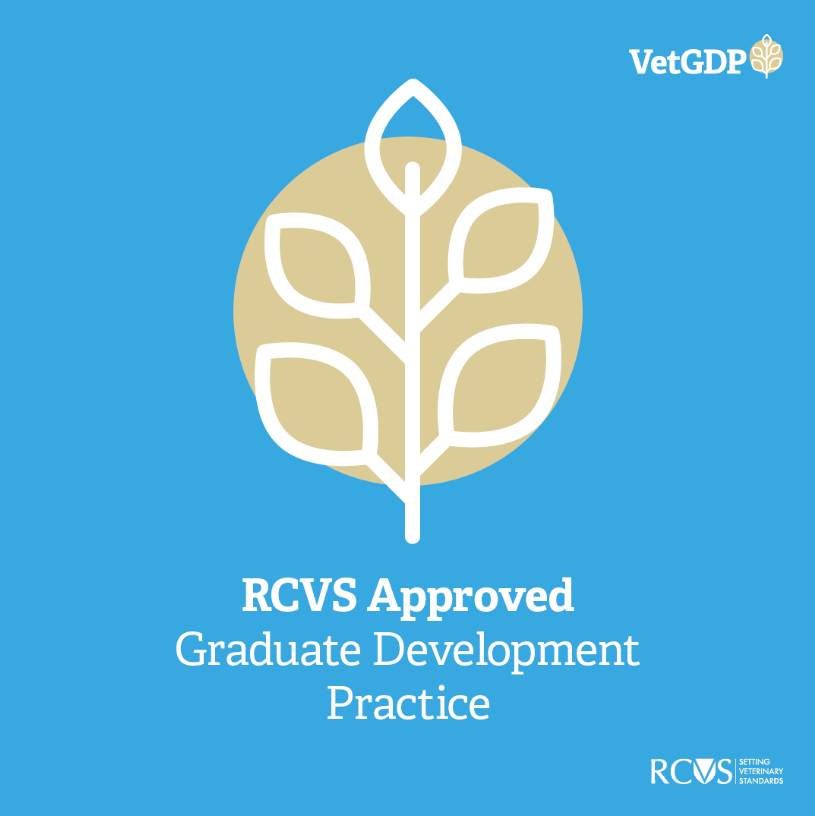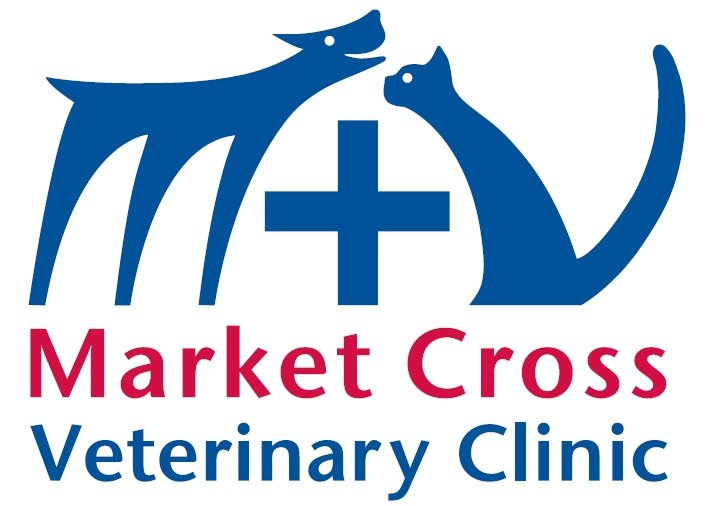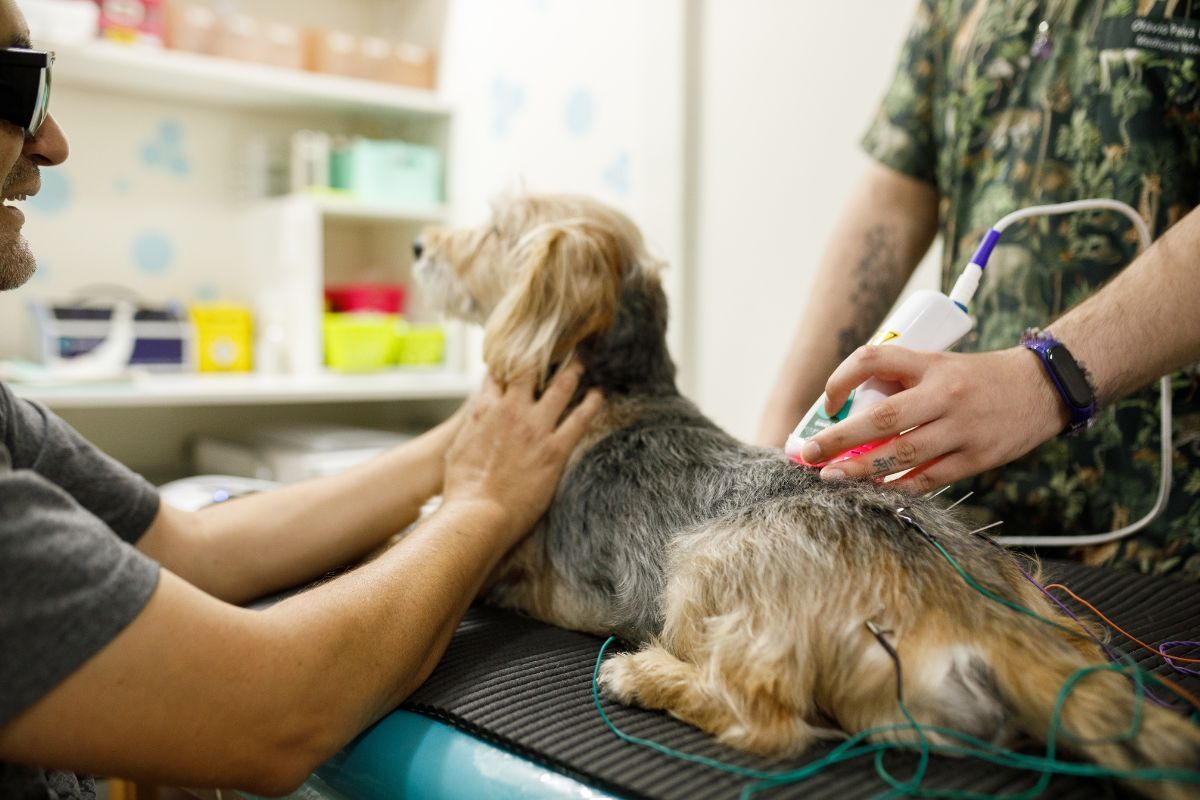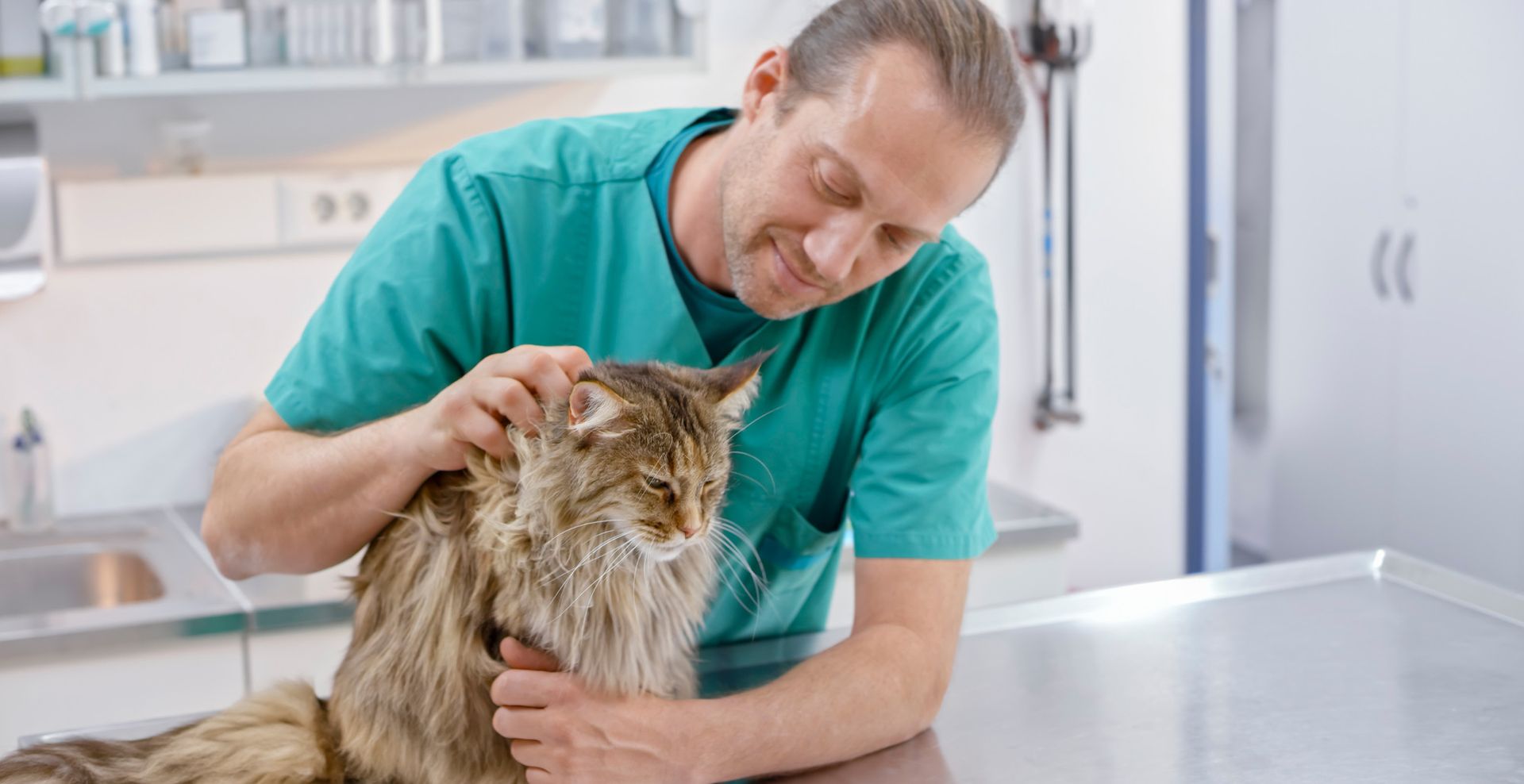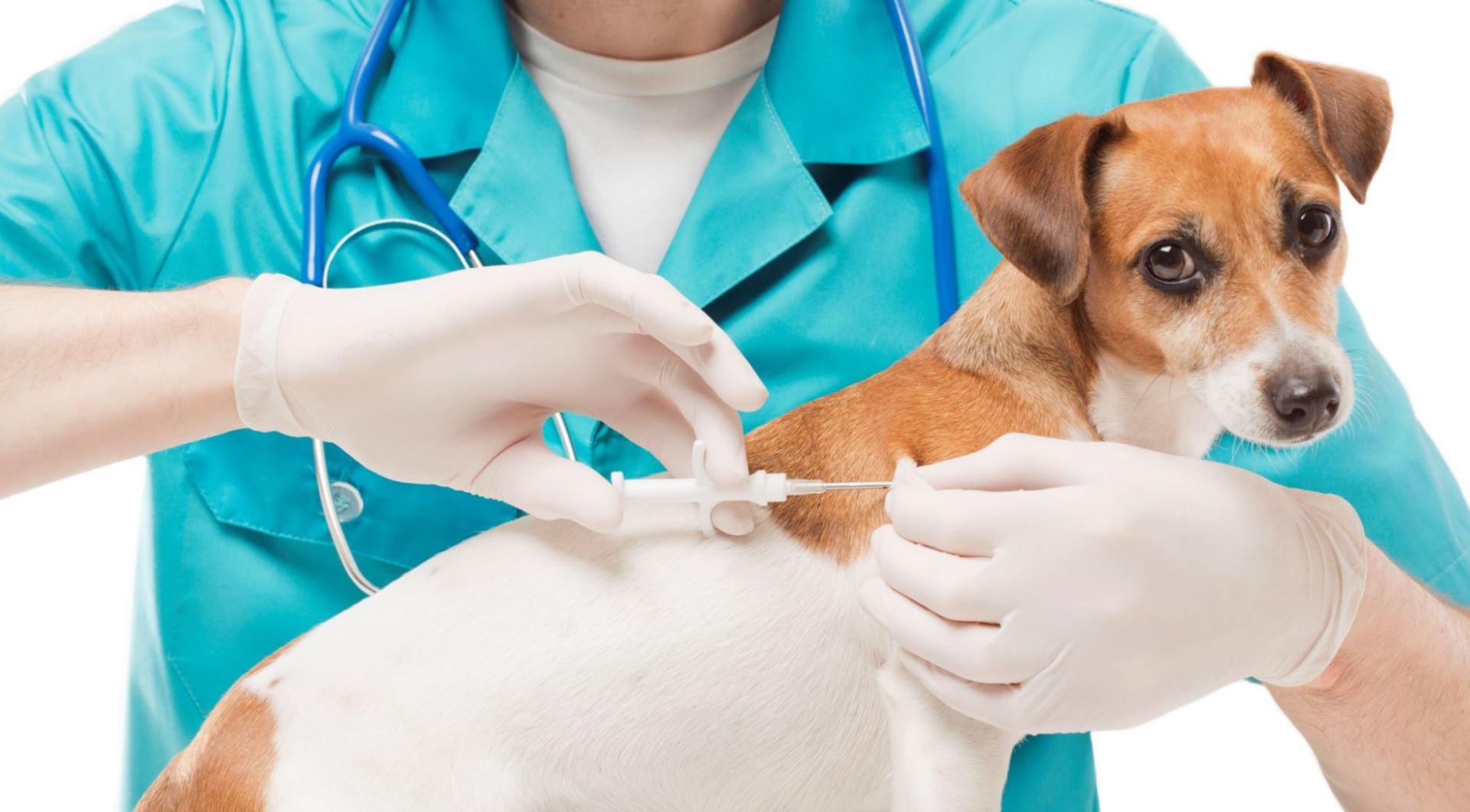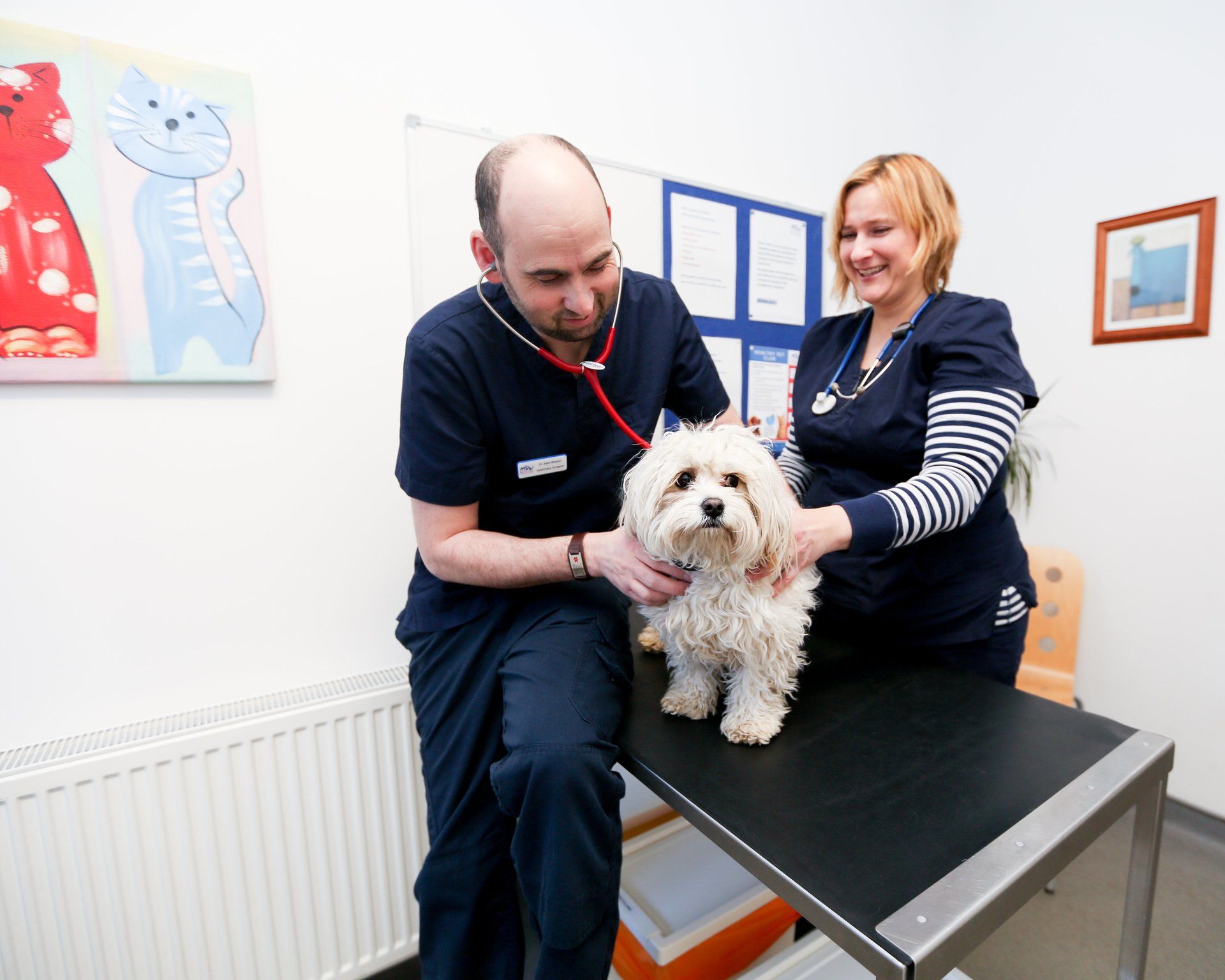Important information: Please be aware that we have updated our privacy policy which can be viewed here
Puppy, Adult & Senior Dog Food: What’s the Difference?
Whether you’ve bought a new puppy, rescued an elderly dog or have a dog that you’ve grown up with, you’ll likely notice that when it comes to pet food, there are different options you can get depending on the age category that your dog fits into - namely puppy, adult or senior. But what’s actually the difference between these and why do dogs require different diets at different stages in their life?
Read on below as we tell you the ins and outs of dog food throughout a dog’s life.
Puppy Food
Whilst swapping your dog's diet from adult food to senior food isn’t always a necessary requirement (we’ll get more into that later), it is essential for a puppy’s diet to consist of commercial puppy food during the early stages of their life.
Since they are rapidly growing and have boundless energy levels, meaning they are more active, puppies tend to burn this energy a lot quicker than older dogs. As such, puppy food tends to be slightly higher in calories. It is also nutrient dense and rich in protein, in order to support the healthy development of their bones and muscles as they grow.
Smaller kibble also tends to be used in puppy food, which is the case for a number of reasons. These are:
● Smaller kibble breaks down easier in their digestive system (which is still developing)
● It’s easier to eat and chew considering that they only have little teeth
● It presents less of a choking hazard while they’re still small
Adult Food
When your dog is an adult, you have a bit more choice with what to feed them. This could be a predominantly kibble diet, wet food diet or raw meat diet. All these have their own pros and cons to be considered, though it’s best to discuss the diet you plan for your dog with your veterinarian, since they will be able to advise what’s best for your dog’s breed, age and health status.
When it comes to adult kibble, this generally contains all the necessary nutrients and ingredients that your dog needs to maintain all round health. Remember to always feed your dog the necessary amount for both their size and how active they are so that they maintain a healthy weight.
Senior Food
Once your dog becomes a senior (for most dogs, this is considered to be from the age of seven upwards), it is likely that they will gradually become less active, which is often due to the development of joint problems and from having a slower metabolism.
Because of this, it may be recommended for your dog to have food with less calories and fat, so that they don’t put on weight - which in turn could then make joint issues worse and more painful. As well as having less fat, senior dog food often contains ingredients known as glucosamine and chondroitin, which are known to have anti-inflammatory properties and help with joint issues.
Switching your dog onto senior food isn’t always necessary, however. If they’re perfectly happy on their current food and your vet doesn’t recommend switching it up, then it’s fine to continue them on this. Although, it is widely recommended to switch up their portions to feed them smaller meals more often.
If you’d like to receive advice from a professional regarding your dog’s health and diet, then visit Market Cross Veterinary Clinic, your local vets in Edinburgh offering the very best in
veterinary care.
Get in touch with us today to learn more about our services.
